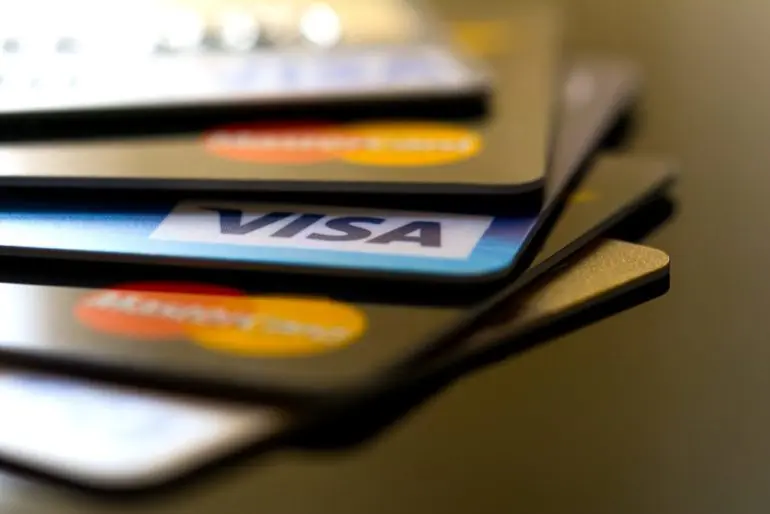Small businesses and individuals who take payments by card should check their records so they can take advantage of an HMRC amnesty if they have made any oversights.
HMRC has launched a ‘Card Transaction Programme’, allowing those who have failed to declare income from credit or debit card sales in previous financial years to bring their affairs up to date.
Reduced penalties on late payments will often apply, even where a deliberate decision has been made not to declare the correct amount owed. Those who can prove they made a mistake, rather than intentionally providing incorrect information, may not be charged any penalties at all.
Annalise Lovett, Partner at Newby Castleman, said: “When you first begin accepting payments by a multitude of different methods, from cash to credit card to bank transfer, keeping track of the different income channels can be a challenge without dedicated bookkeeping support. Not all businesses will have that support in place.
“HMRC seems to recognise this and the disclosure campaign is not about attaching any blame, it is simply an opportunity to settle the balance with minimal or no penalties.”
“For individuals and companies that have recently begun accepting card payments, now would be a good time to go back over your records with a dedicated financial professional, comparing them to the returns filed with HMRC and checking for any discrepancies.
“It could cost a lot more money further down the line if HMRC discover an issue in your accounts relating to card transactions and you have not declared it as part of this campaign.
“The programme can also be used by those that are already trading but have failed to register their business with HMRC and declare their income, provided that a part of it came through credit or debit cards.”
No end date has yet been set for the programme but HMRC has warned it will be cracking down after the campaign has finished, with harsher penalties to be introduced for misreporting card transactions.
HMRC has the legal power to obtain details of card transactions from the firms that process them, in order to build a case. They will also use other data they hold to identify businesses at fault.
Annalise added: “The first port of call for anyone who thinks this applies to them is to get in touch with their acccountant so that they can advise in making the voluntary disclosure and liaise with HMRC as necessary.”


